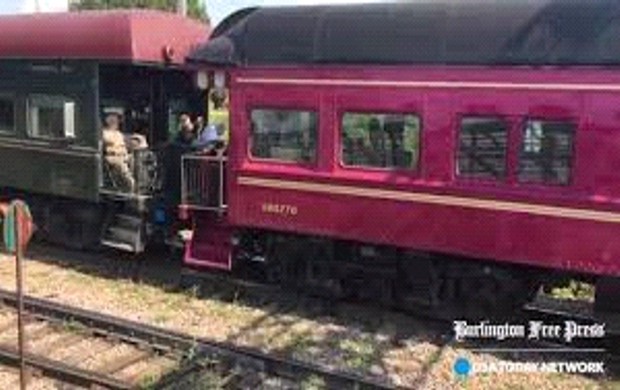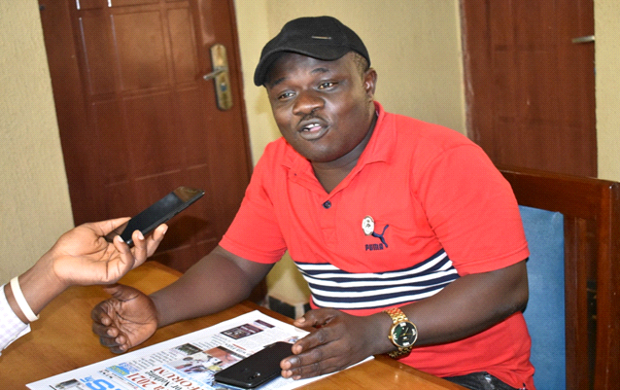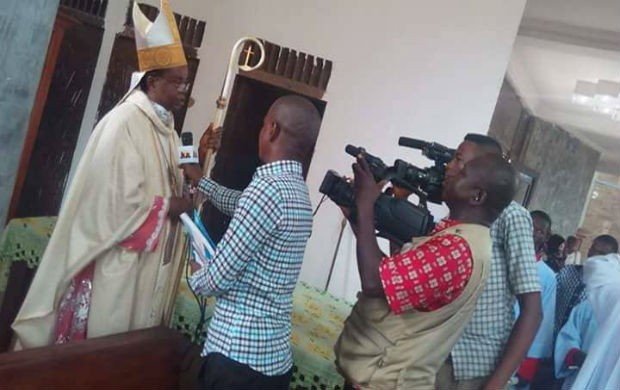By Jude Atupulazi
Last Thursday on my way to work, I stopped by to see my mechanic to fix a little problem in my car. While he was at it, I saw two young Hausa boys that couldn’t have been more than eighteen years. They were shoe shiners. As they walked, looking for customers, I observed how at peace they appeared to be with their world. They kept conversing in their language, while mechanically shaking their tool boxes to let people know by the sounds they produced, what they did for a trade. Besides that, they seemed lost in their happy, carefree, little world, giving an impression that they cared little whether they did business or not.
Indeed, looking at them, you wouldn’t remember the tension in the country. I didn’t either. I was rather transported back to time; to those halcyon days when the Northern part of the country was fun to visit. Those days, I’d visited places in the North like Zaria, Kaduna and Jos – all on holidays. I remembered the long journeys aboard luxury buses or trains. They were something I had always looked forward to.
My first visit to the North was actually in 1980. It was to Kaduna. I boarded a train from Enugu in the company of my beloved late cousin, Angela. (I lived with my late parents then in Enugu). We had taken off from Enugu around 6:30 in the evening and travelled all night and well into the next day. We arrived in Kaduna around 3 O’clock and were picked by my cousin’s (our host’s) wife who had been waiting for us at the station, having known the time it would take for us to arrive. There was no mobile phone then.
That journey by rail was repeated two years later to the same Kaduna with one of my favourite cousins, Chuddy. The train was packed full of passengers that we had to cling tenaciously to the railing that connected the two coaches between us. It was a huge risk as we could have fallen off the train at the time we started feeling sleepy. But the fun of travelling overshadowed the fears of coming to harm. At other times, I had travelled alone by road, aboard luxury buses.
As for Jos, it used to be a safe haven, even when religious riots had started breaking out regularly in other parts of the North. The weather in Jos is comparable to that in Europe – always cold in a cool way all year round. I remember how those in that city used to confidently assure those of us who were afraid that the crises in other parts of the North would never surface in Jos. How wrong they were! Today, the peace of Jos has been shattered by the roaring guns of the Fulani herdsmen and ethnic wars.
Life in the North those days was really fun. Food items were cheap, including meat. Life was simple; no complications. The Hausa people there were nice and the Igbo population I met in Kaduna, Jos and Zaria seemed happy to mix with me as their brother.
Those were the good old days when Nigerians were not as sharply aware of their ethnic differences as they are today. Those were the days when there was no Buhari in agbada to incite Nigerians against one another in the name of advancing the cause of one tribe to the detriment of the others. Today, it is no more fun to go to any Northern part of the country. The majority of those places are now either war theatres being bombed and strafed by Boko Haram soldiers, or places overrun by Fulani herdsmen who are even now advancing beyond the North.
Today, it is difficult for the average Igbo man to see an Hausa man as a friend anywhere in Nigeria and vice versa. While the Igbo man sees the Hausa man as the symbol of his sad situation in the country; a symbol of oppression, the Hausa man sees the Igbo man as an over ambitious fellow that must be crushed. It is that bad. Nigeria has reached a stage where the falcon can no longer hear the falconer, apologies to Chinua Achebe.
People like me who loved the peace enjoyed in the country years ago are now left wondering at which point we got it wrong. True, there was the Civil War which claimed many lives. There was also the pogrom or genocide against the Igbos before that war. But the wounds had been gradually healed by the passage of time. That was why Igbos returned in their hundreds to many parts of the North to begin life afresh after they had fled from the same places before the war.
That was why Igbos returned to those places to put up structures, start big businesses and generally settle down meaningfully; something no other group of Nigerians today shouting ”One Nigeria” has been able to do.
But as they say, it is easier to destroy than to build. And so Buhari, in just a little over four years, has succeeded in splitting the country wide open along ethnic and religious divides, setting Adamu against Okoro and Babatunde against Asuquo. Rather than fancying moving outside their geo-political zones, more and more Nigerians are now electing to stay back in their areas for fear of attack or losing their investments. Even the National Youth Service Corps scheme set up to expose young graduates to other tribes is losing its steam. Many of those posted to the far North now ask for redeployment in order to save their skins. Too bad, no doubt.
What we see today is a sad commentary on our national life. Nigeria, a supposed land flowing with milk and honey, is today flowing with blood and tears. Surely, it has become a Paradise Lost.



